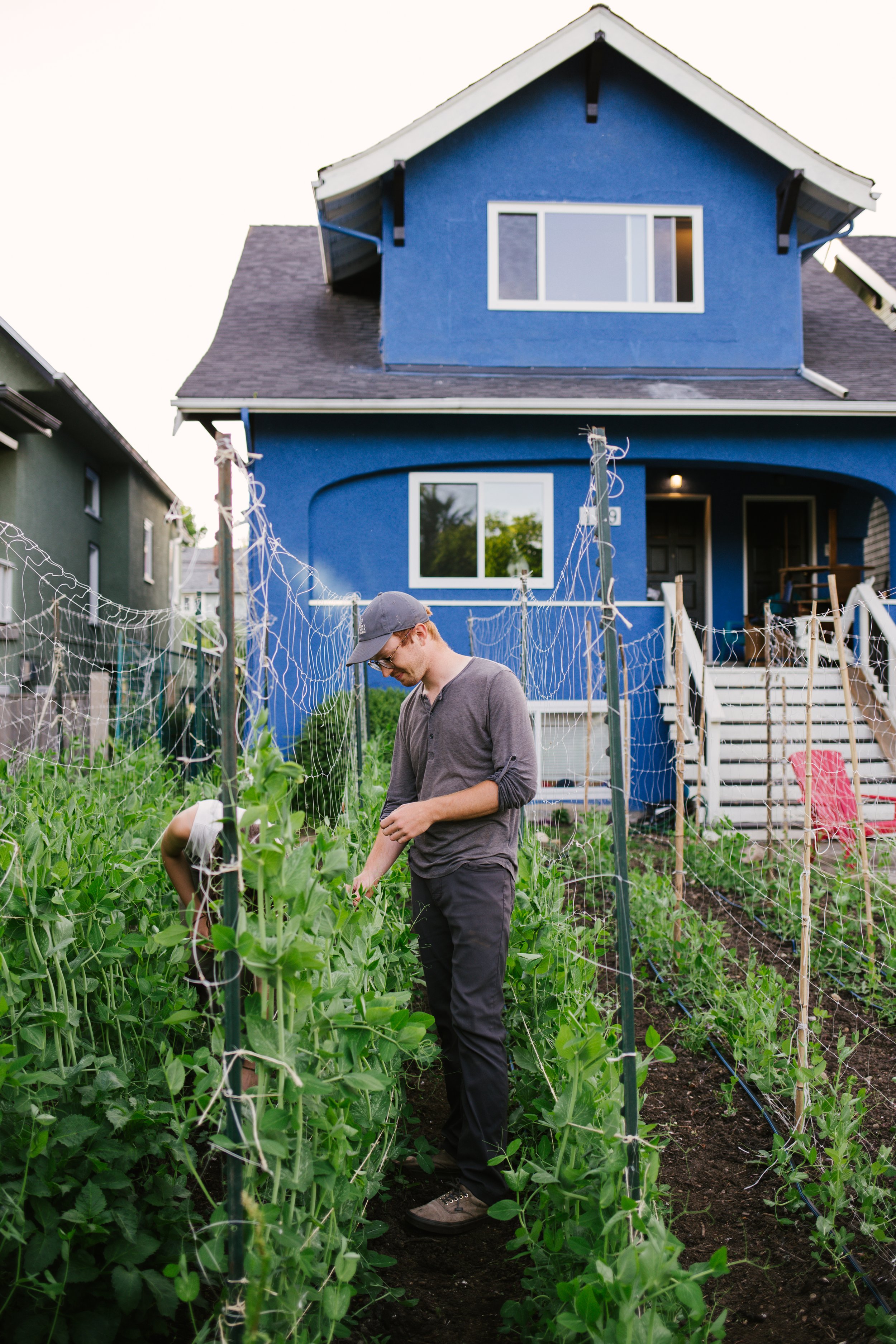Grow Food, Not Lawns | City Beet Farm
Words by Liana Glass
"City Beet Farm is a small-scale urban farm located in the heart of Vancouver. The food they grow is rooted in community commitment, love for the land, and a break in the status quo."


Q: How does the City Beet Farm model work?
We operate a multi-site urban farm, using ecological farming practices and mostly hand tools to grow vegetables and flowers on under-used urban spaces: mostly front and backyards. Our main way of selling our produce is through a Community Supported Agriculture (CSA) model, and additional wholesale and pop-up market opportunities.



Q: How do urban gardens impact the urban experience of a neighbourhood?
They change the look of the neighbourhood, especially when in front yards and visible spaces. They encourage people to slow down, and provide conversation-pieces and opportunities for learning about the food system and agriculture.
They encourage people to slow down, and provide conversation-pieces and opportunities for learning about the food system and agriculture
〰️
They encourage people to slow down, and provide conversation-pieces and opportunities for learning about the food system and agriculture 〰️
Q: What are the benefits to a community where front and backyards are transformed into urban gardens?
Many! Engagement and education; access to healthy, local food; connection to the land and food system; ecological benefits such as soil health, soil permeability, and pollinator habitat; and more.


Q: How do you think Vancouver and other urban areas could implement and support the design of more urban gardens?
The biggest way would be to make public land accessible at affordable rates for urban farms and gardens. Cities own so much land, and a lot of it is just grass! That hasn't happened here yet, that I'm aware of. They can also have urban farming policies (Vancouver does have), and have bylaws, zoning, licensing, and other policies that facilitate urban agriculture.
Q: How does urban farming contribute to the sustainability of a city?
In terms of ecological sustainability, and social, or just a more holistic view of sustainability that encapsulates both and more as well: it's good for the health of the land and for the community.








